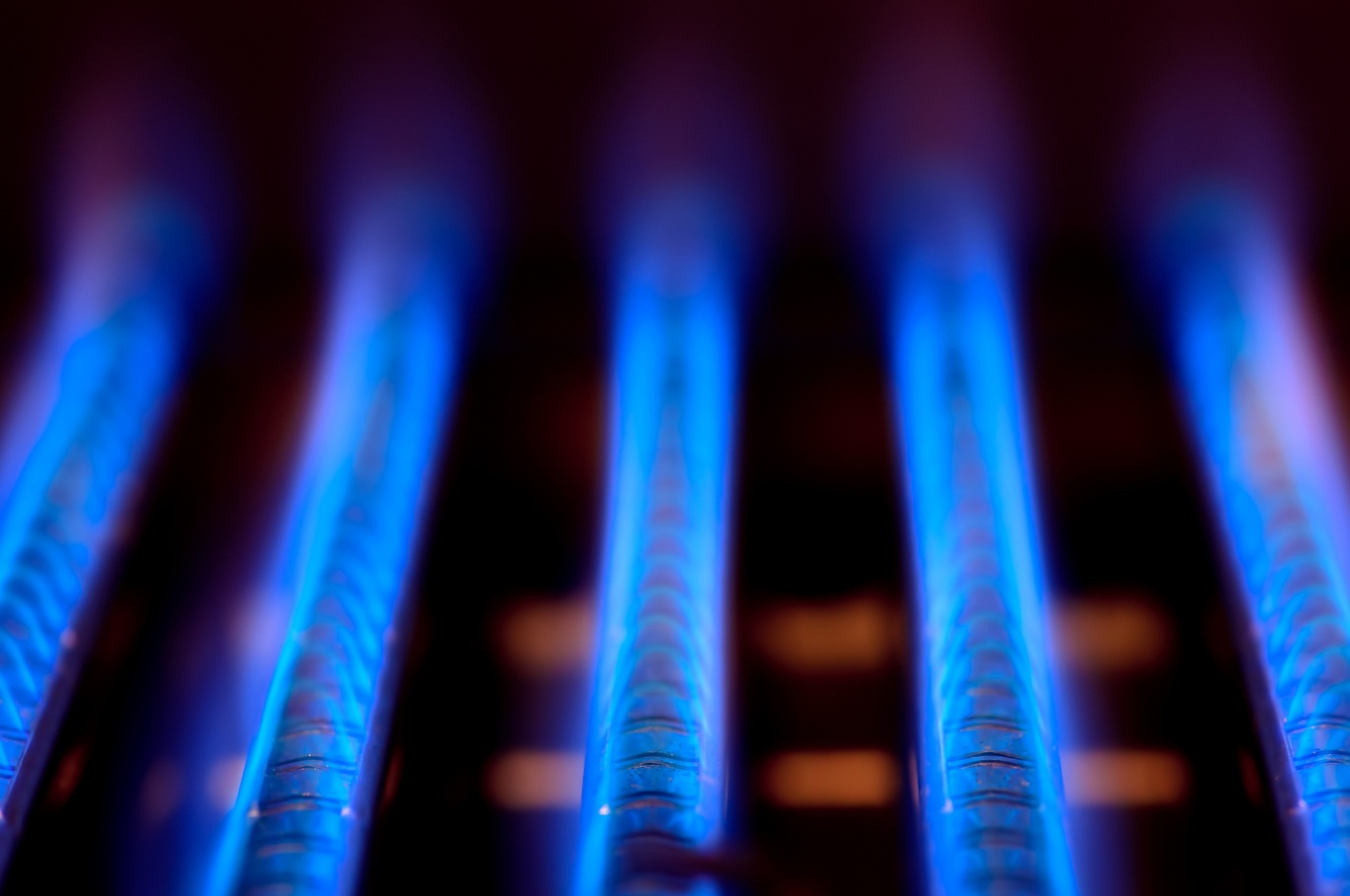
Signs Your Boiler Needs Repair: Don't Ignore These Warning Signals
Your boiler communicates with you constantly, sending signals about its condition and performance. Learning to recognise these warning signs can save you from costly emergency repairs, prevent dangerous situations, and ensure your home stays warm when you need it most. Ignoring these signals often leads to complete system failure at the most inconvenient times.
Strange Noises: What Your Boiler Is Trying to Tell You
Unusual sounds from your boiler are rarely normal and almost always indicate developing problems. Banging or clanking noises often suggest issues with the heat exchanger, pump, or internal components that have become loose or worn. These sounds typically worsen over time and can lead to significant damage if left unaddressed.
Whistling or screeching sounds frequently indicate problems with water flow, such as limescale buildup in the heat exchanger or issues with the circulation pump. This "kettling" effect reduces efficiency and can cause serious damage to internal components over time.
Gurgling noises usually suggest air in the system or low water pressure, both of which affect heating performance. While sometimes resolved by bleeding radiators, persistent gurgling often requires professional attention to identify and fix the underlying cause.
Inconsistent Heating and Hot Water Supply
When your boiler struggles to maintain consistent temperatures, it's sending a clear signal that something isn't right. Radiators that take longer than usual to heat up, or rooms that never seem to reach the desired temperature, often indicate circulation problems or failing components.
Hot water that runs cold unexpectedly, or takes much longer to heat up than normal, suggests issues with the heat exchanger, thermostat, or diverter valve. These problems typically worsen gradually, so early intervention prevents complete system failure.
If you notice significant temperature variations between different areas of your home, this could indicate problems with the circulation pump, system pressure, or blocked pipes requiring professional diagnosis and repair.
Visual Warning Signs Around Your Boiler
Physical signs around your boiler area provide important clues about its condition. Water leaks, no matter how small, should never be ignored. Even minor drips can indicate seal failures, corrosion, or pressure problems that will worsen without proper attention.
Rust or corrosion on the boiler casing or surrounding pipes suggests ongoing moisture problems that can lead to serious damage. Brown or black staining around the boiler often indicates previous leaks or ongoing issues that need immediate professional assessment.
White or yellow staining around the flue outlet can indicate combustion problems, while any signs of soot or black marks suggest incomplete burning that poses serious safety risks and requires immediate attention from a Gas Safe registered engineer.
Changes in Energy Bills and Efficiency
Unexplained increases in your gas bills often indicate declining boiler efficiency. When boilers work harder to produce the same amount of heat, they consume more fuel, resulting in higher energy costs that will continue to rise without proper repair.
If you notice your boiler running for longer periods to achieve the same temperatures, or cycling on and off more frequently than usual, these efficiency changes signal developing problems that benefit from early intervention.
Compare your energy usage to previous years, accounting for weather differences. Significant increases without explanation often indicate boiler problems that repair can resolve, potentially saving substantial amounts on future energy bills.
Pilot Light and Flame Issues
The pilot light and main burner flame provide important visual indicators of boiler health. A pilot light that frequently goes out suggests problems with the thermocouple, gas supply, or ventilation that require professional attention.
The main burner flame should burn blue and steady. A yellow or orange flame indicates incomplete combustion, which can produce dangerous carbon monoxide and suggests serious safety issues requiring immediate professional attention.
Flames that appear to lift off the burner, blow around erratically, or seem unusually large or small all indicate combustion problems that affect both safety and efficiency. Never attempt to adjust these yourself—always contact a Gas Safe registered engineer.
Pressure Problems and System Issues
Boiler pressure that frequently drops below normal levels suggests leaks somewhere in the system, even if not immediately visible. While you can repressurise the system temporarily, recurring pressure loss requires professional investigation to identify and fix the underlying cause.
Conversely, pressure that rises too high can indicate problems with the expansion vessel, pressure relief valve, or other system components. High pressure can damage the boiler and connected pipework, making prompt repair essential.
If you notice the pressure gauge needle moving erratically or the system requiring frequent repressurisation, these signs indicate developing problems that benefit from early professional attention.
Unusual Smells and Safety Concerns
Any unusual smells from your boiler area require immediate attention. Gas smells, even faint ones, suggest potential gas leaks that pose serious safety risks. If you detect gas odours, turn off the gas supply immediately, avoid using electrical switches, and contact the gas emergency services.
Metallic or burning smells can indicate overheating components, electrical problems, or combustion issues. These odours often develop gradually but suggest serious problems that require prompt professional assessment.
Musty or damp smells around the boiler might indicate water leaks or condensation problems that can lead to corrosion and system damage over time.
When to Call for Professional Help
Don't wait for complete system failure before calling for professional help. Early intervention when you first notice warning signs typically results in less expensive repairs and prevents the inconvenience of total system breakdown.
Contact a Gas Safe registered engineer immediately if you notice gas smells, yellow flames, or any signs that suggest safety concerns. For other warning signs, prompt professional assessment helps prevent minor issues from becoming major problems.
At Top Notch Heating Ltd, our experienced engineers specialise in diagnostic repair maintenance, helping homeowners throughout Maidenhead, Reading, Henley, Marlow, and Slough identify and resolve boiler problems before they become emergencies.
The Cost of Ignoring Warning Signs
Postponing boiler repairs rarely saves money in the long term. Minor issues that cost relatively little to fix often develop into major problems requiring expensive component replacement or even complete system replacement.
Emergency repairs during peak heating season typically cost significantly more than planned maintenance, and the inconvenience of losing heating during cold weather affects your family's comfort and wellbeing.
Consider also the potential safety risks of ignoring warning signs, particularly those related to gas safety or carbon monoxide production. The cost of proper repairs pales in comparison to the potential consequences of neglecting these critical safety issues.
Conclusion
Your boiler provides numerous warning signs before complete failure occurs. Learning to recognise these signals and responding promptly protects your investment, ensures your family's safety, and maintains reliable heating throughout the year.
Don't ignore unusual noises, inconsistent performance, visual changes, or other warning signs. Early professional intervention typically resolves problems more cost-effectively than waiting for complete system failure.
Top Notch Heating Ltd provides expert boiler repair services throughout Maidenhead and surrounding areas. Our Gas Safe registered engineers offer comprehensive diagnostic services to identify and resolve boiler problems quickly and safely. Contact us today for professional boiler repair and maintenance.
.svg)
.svg)




